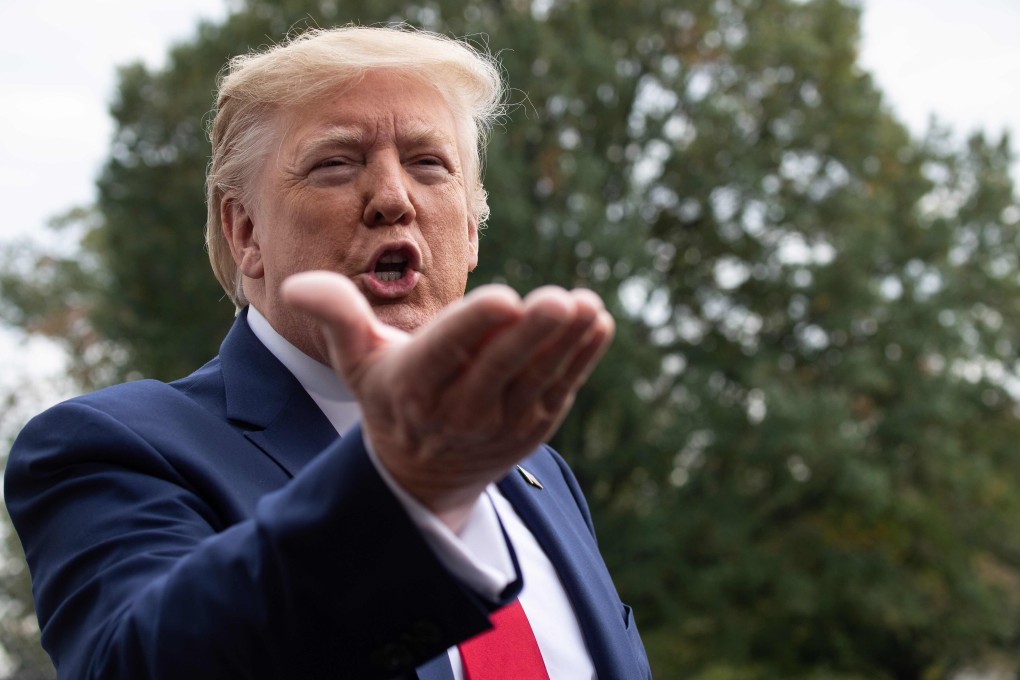Taiwan visit by admiral ‘suggests two months of provocation by Donald Trump’
- Beijing is best advised to avoid being baited by US president, to prevent escalation into conflict, according to military insider
- Leak of visit by Rear Admiral Michael Studeman is unusual and may deter further moves by the next US administration, former Pentagon official says

Observers called for Beijing to exercise caution to keep China-US relations stable following the undercover visit reported to have been made by Rear Admiral Michael Studeman, director of intelligence in the Indo-Pacific Command.
A Beijing-based military insider said sending a navy intelligence officer to Taiwan was intended to test Beijing’s limits, and if Beijing were to make a drastic retaliatory move, the China-US relationship could take a path carrying a risk of accidental conflict.
“The Trump administration wants to make risk-taking moves,” the insider said, adding that it was crucial for Beijing to stay calm. “The undercover visit made by Rear Admiral Michael Studeman to Taiwan was a government behaviour more than a military decision. Beijing doesn’t need to take any strong response.”

10:22
Why has the relationship between the Chinese mainland and Taiwan taken a turn for the worse?
The visit of Studeman was reported by overseas and Taiwanese media. Taiwan’s United Daily News published pictures of an unmarked private jet, which it identified as a US military aircraft, arriving at Taipei’s downtown Songshan airport, and what appeared to be officials waiting at the VIP terminal.